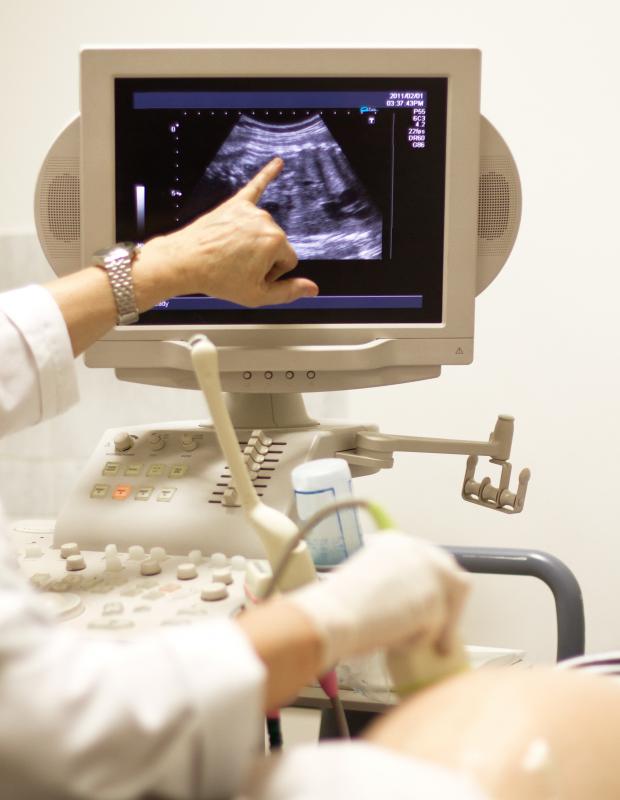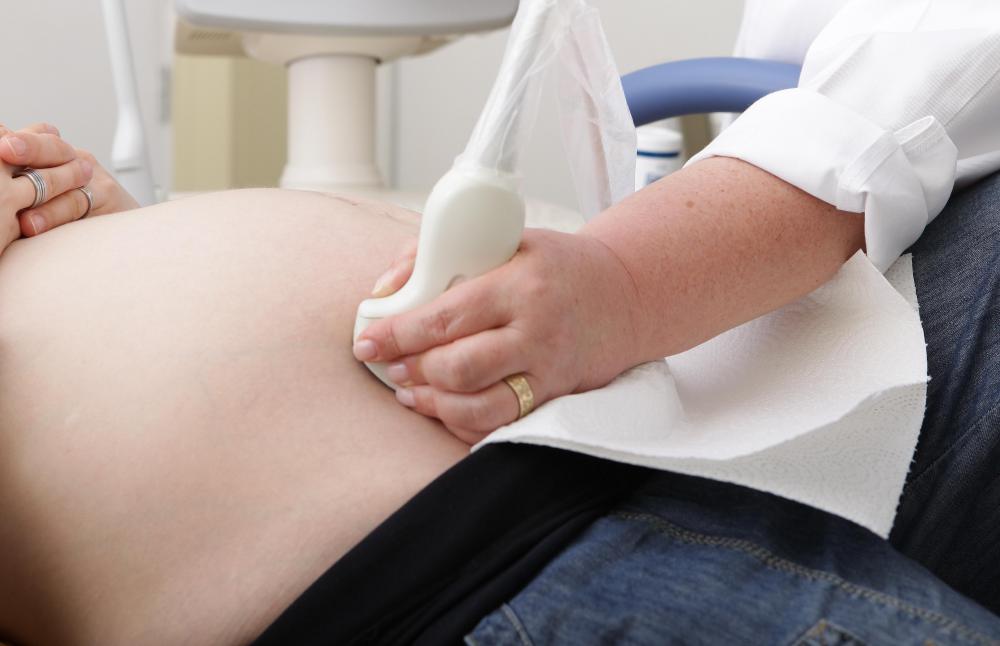At TheHealthBoard, we're committed to delivering accurate, trustworthy information. Our expert-authored content is rigorously fact-checked and sourced from credible authorities. Discover how we uphold the highest standards in providing you with reliable knowledge.
What is a Tubal Pregnancy?
Tubal pregnancy, also known as ectopic pregnancy, occurs when a fetus begins to grow outside the uterus. In most ectopic pregnancies, the fetus grows in one of the Fallopian tubes, which is why these are commonly called tubal pregnancies. A tubal pregnancy cannot be carried to term, and if not treated, can be fatal for the pregnant woman.
A normal pregnancy begins when a fertilized egg implants itself in the lining of the uterus. In approximately 1% of all pregnancies, the egg implants in a location other than the uterus. More than 95% of these ectopic or tubal pregnancies occur in the Fallopian tubes, but a fertilized egg may also attempt to implant and develop in other locations such as the cervix, ovary, or abdomen.

Around half of all tubal pregnancies do not require any treatment, and end in what is called a tubal abortion. This occurs when the growth of the fetus in the Fallopian tube triggers bleeding, which then expels the fetus from the tube, and ultimately from the uterus. In the other 50% of tubal pregnancies, the pregnant woman will require some form of treatment.

Most ectopic pregnancies are thought to occur because an egg has been fertilized in a Fallopian tube, and some factor has delayed the egg as it travels to the uterus. It is not always possible to accurately diagnose the exact cause of an ectopic pregnancy, but there are certain circumstances which are common to many women who experience one. These circumstances are risk factors which can increase the chances of such a pregnancy occurring.

Women who are using an intrauterine device or who have fertility issues are at increased risk of an ectopic pregnancy. Pregnancy after tubal ligation, after one or more prior ectopic pregnancies, or after abdominal or pelvic surgery, is more likely to result in a tubal pregnancy. Women who have endometriosis or pelvic inflammatory disease also have an increased risk of ectopic pregnancy.

The initial symptoms of tubal pregnancy are difficult to recognize, as they occur during a normal pregnancy as well as an ectopic one. As the pregnancy progresses, specific tubal pregnancy symptoms will develop. These may include pain in the shoulder, abdomen, or lower back, feelings of dizziness or weakness, and vaginal bleeding. If an ectopic pregnancy ruptures, this means the Fallopian tube itself has ruptured. In such cases symptoms such as extreme dizziness and fainting, rapid heartbeat, and extreme pain are common. Women who experience these symptoms should seek medical treatment immediately.

It is important to recognize that when an ectopic pregnancy occurs, there is no possibility of a pregnancy continuing normally. In addition, attempting to continue the pregnancy is likely to endanger the woman’s life. Getting prompt treatment is therefore very important. Diagnosis is typically made on the basis of blood tests to check hormone levels, and ultrasound to determine whether a pregnancy is ectopic.
Treatment for tubal pregnancy varies depending on where the fetus is located, how many weeks old the fetus is, and whether the woman’s health is stable. If the pregnancy has progressed only a few weeks, it is usually possible to treat with a drug called methotrexate, which prevents the embryo from growing any further. Multiple doses of the drug may be given, followed by blood tests to ensure the pregnancy has been halted.
A woman whose pregnancy is too far advanced for methotrexate will typically require surgery. Surgical intervention is also required if a woman has suffered a ruptured Fallopian tube. Depending on the location of the ectopic pregnancy it may be possible to operate using laparoscopy, a minimally-invasive procedure which can reduce recovery time considerably.
Women who have had a tubal pregnancy may subsequently have problems with fertility. In addition, these women are also more likely to experience a second ectopic pregnancy if they attempt to conceive again. It is estimated that women who have one ectopic pregnancy have a risk of 15% of having another if they become pregnant again.
AS FEATURED ON:
AS FEATURED ON:















Discussion Comments
Is there any possibility that a woman can get pregnant with only half of your left tube?
is there a possibility that a woman can be pregnant again?
Post your comments